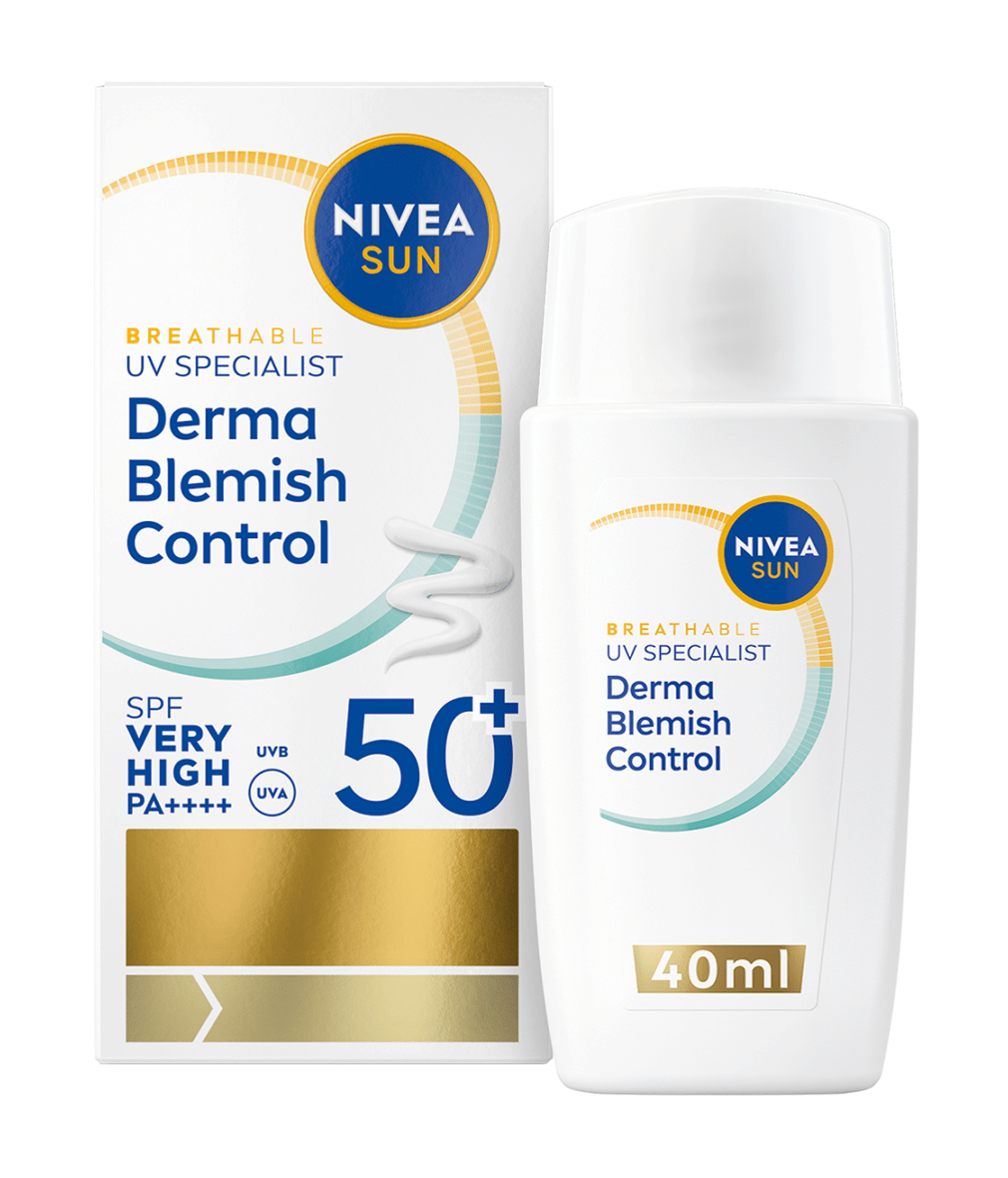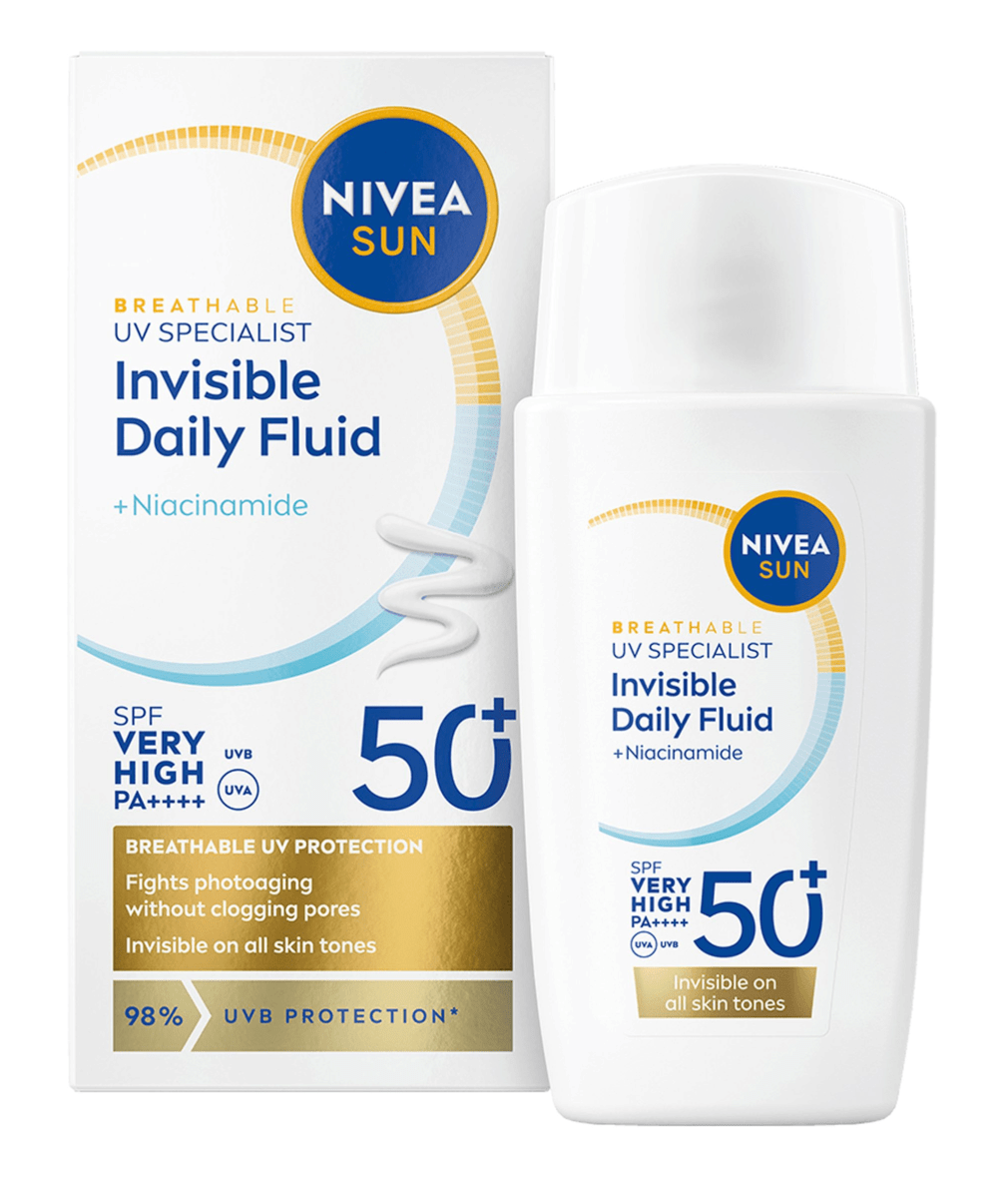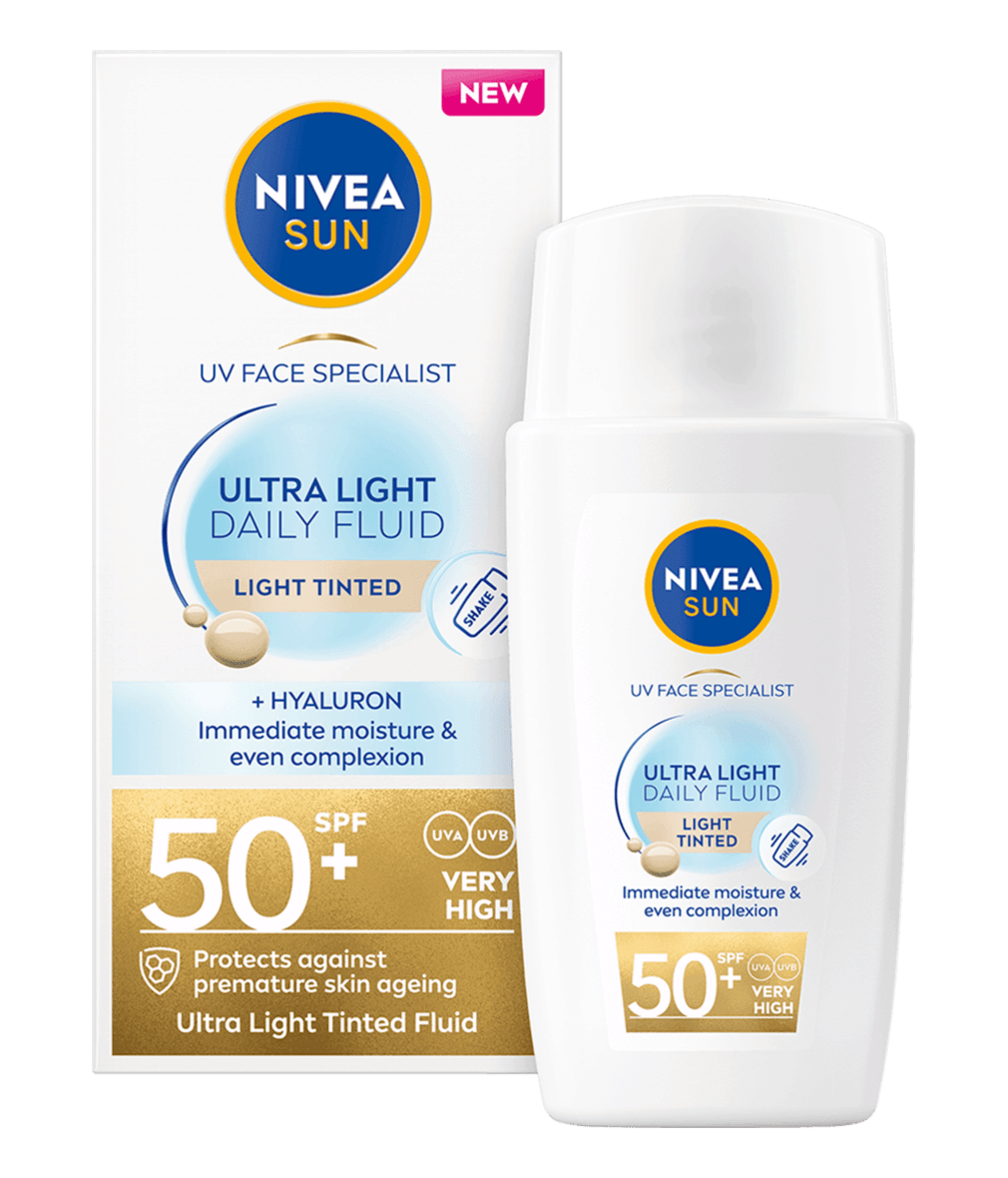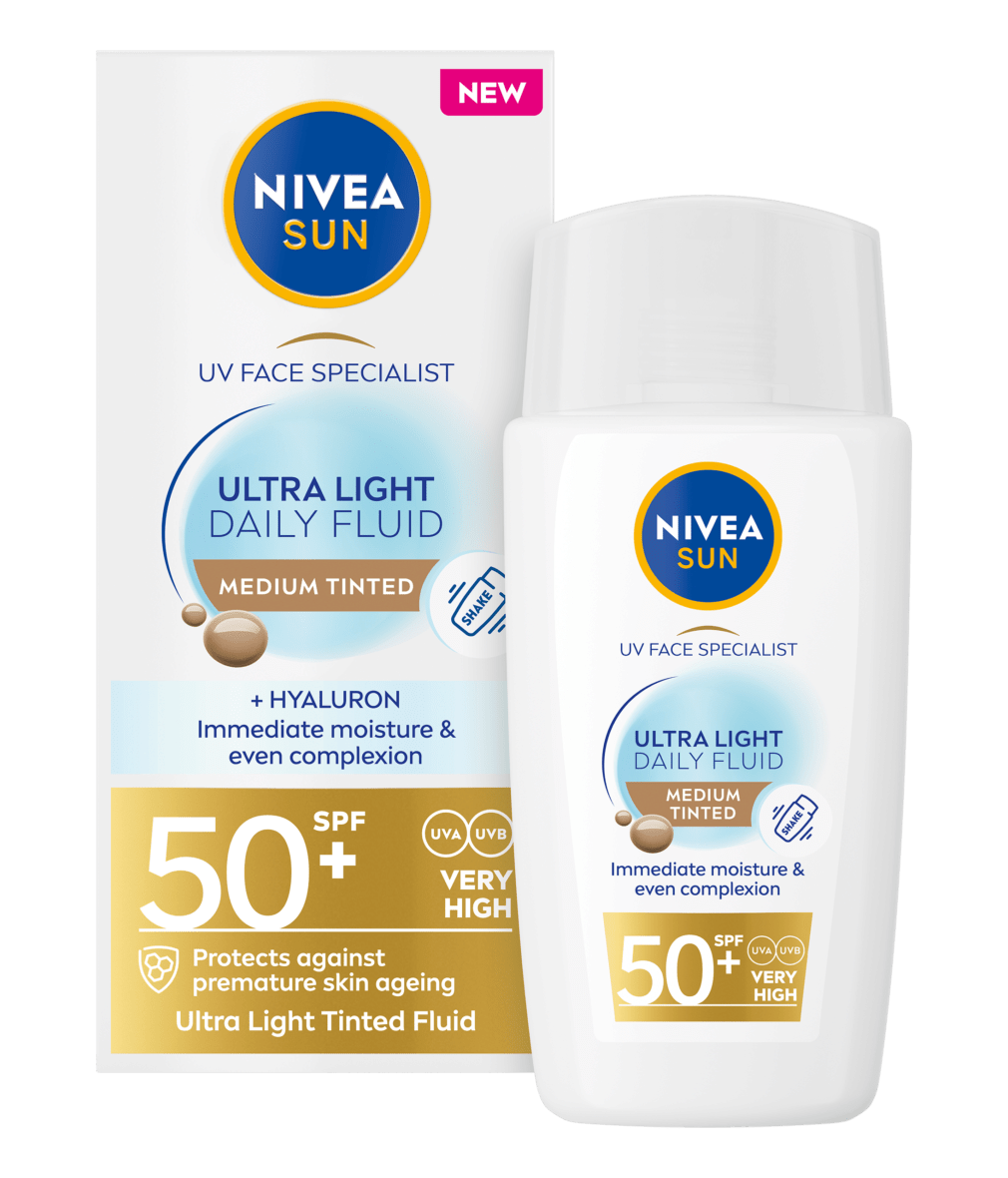Why should I apply UV protection everyday?
Using
sun protection on a daily basis not only helps to prevent short-term issues like
sunburn – but also works long-term to prevent premature
skin ageing (wrinkles and fine lines), hyperpig
mentation and
skin cancer.
UV
protection is even recom
mended when not exposed to direct
sunlight. Daily application of facial
sunscreen helps keep your
skin’s elasticity, health, and youthful appearance.
What’s The Difference Between Sunscreen For Face and Sunscreen For Body?
Although a general
sunscreen can be used all over the body, it may potentially be thick or oily, making it less suitable for the face’s delicate
skin. Over time, this could cause irritation and lead to breakouts if used regularly on the face.
For the best results, always opt for
sun protection products especially designed for your face as they’re lighter, far less oily, and more readily absorbed.
Are there different types of face sunscreen?
When it comes to face
sunscreen, there are two types: mineral and synthetic (otherwise known as chemical).
• Mineral sunscreens typically contain zinc oxide and titanium dioxide, which form a barrier that deflects harmful UV rays. However, they wash away more easily than synthetic
sunscreens and therefore require topping up more regularly.
• Synthetic sunscreens, on the other hand, absorb and neutralise UV rays by chemically converting them into heat, which is then released by the body. Synthetic
sunscreen is more like a lotion, which doesn't leave behind
white residues after application.
Regardless of
skin tone, try to look for broad-spectrum face
sunscreen as they
protect against both UVA and UVB rays. Opting for a SPF 50 or higher
sunscreen for the face will help to reduce the risk of premature
skin ageing – and
sunburn.
How often should I reapply face sunscreen?
You should reapply face
sunscreen every two hours. If you are swimming, sweating, or towel drying, immediately reapply afterwards. Even water-resistant
sunscreens can lose their effectiveness over time, so regular reapplication is needed for reinforcing
protection against UV rays and defend your
skin’s health.
When should I apply sunscreen in my skincare routine?
A
skincare routine should always feature facial
sunscreen, which can be applied in this order:
• Toner
• Serum
• Moisturiser
•
Sunscreen
• Make-up Primer or Concealer
However, our new
NIVEA SUN 2in1 Primer Daily UV Serum SPF 50+ can be applied after your serum or moisturiser once off, replacing
sunscreen and make-up primer. It delivers immediate
sun protection and instantly smooth
skin to simplify your face
care and make-up routine.
What is the shelf life of sunscreen?
A
sunscreen can maintain its
sun protection qualities for about three years. However, you should always check the expiration date on the packing. The best way to determine if the product is no longer effective or expired, is to check if it has changed in colour, consistency, or smell.



